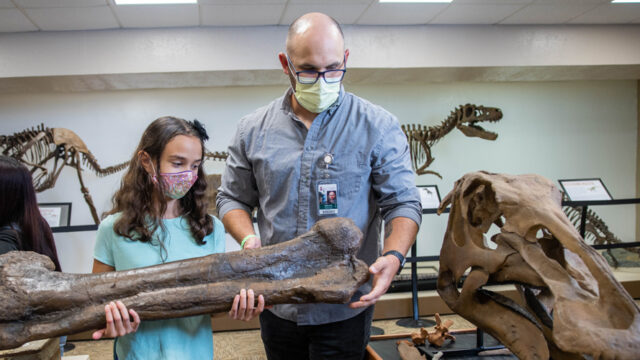The high school responsible for the firing must now compensate the teacher or go to court.

A Seventh-day Adventist high school teacher, who was fired for refusal to attend an open house event on a Saturday, has had his claim against dismissal upheld by the Danish Equal Treatment Board.
The board’s judgment that the school was in breach of the Equal Treatment Act made headlines in several Danish news services, as well as the Ankestyrelsen (National Board of Appeals). The leading newspaper for ethics and religion, Kristeligt Dagblad, ran the story on its front page.
The Adventist teacher, who specializes in physical education, had been asked to participate in an open house event to promote the school. The institution’s leaders felt it was of vital importance to present its physical education studies. As the Adventist man is the only teacher specializing in this area, school administrators chose to demand his attendance despite being fully aware of his religious convictions.
The teacher, who has not been named for legal reasons, highlighted that this had never been a problem on previous occasions as he had always been able to find a replacement to fill in for him at events. On this occasion, the Adventist teacher had prepared a detailed written description for a substitute teacher to follow and had also instructed senior students who were to participate and help at the event.
The Seventh-day Adventist Church in Denmark followed the story and supported the teacher throughout the process. The high school’s administration was given 14 days to pay compensation to the teacher or otherwise appear in court.
”I am relieved that the case has been decided to our advantage,” said Thomas Müller, president of the Adventist Church in Denmark. “This verdict will be an encouragement to other members to stay faithful to their convictions. Sabbath is a precious gift and blessing that we should uphold and defend,” he added.
Denmark has a long history of religious freedom, but recent reports suggest some uncertainty as to how well religious minorities are protected in the workplace. “This case has made it clear that employers must practice reasonable accommodation towards the religious beliefs and practices of its employees,” said Lasse Bech, Public Affairs and Religious Liberty (PARL) director of the Adventist Church in Denmark.
Bech notes that many workplaces promote themselves as having values that welcome religious and ethnic diversity. He recognizes that in most cases institutions and companies are led by professional management that seeks to find a pragmatic solution when the needs of the workplace conflict with a matter of conscience for one of the staff. “A few employers are less tolerant,” he said, “but rarely do we see someone losing their job because of this.”
The original version of this story was posted on the Trans-European Division news site.








